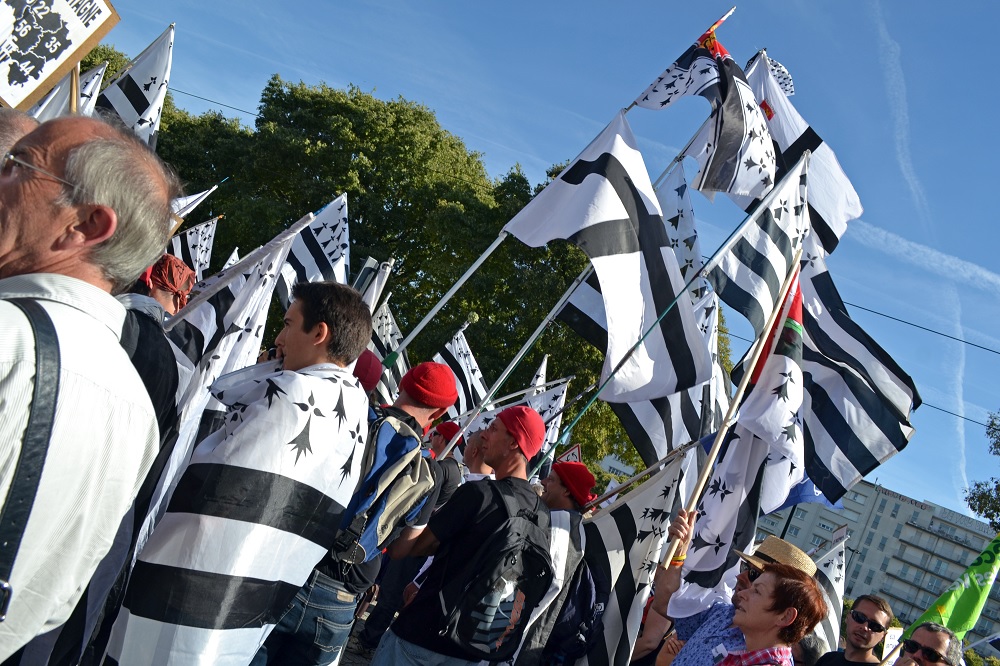Listen: new translation of the Hobbit generates excitement about learning Breton

A language enthusiast from Chicago has described how he hopes the new translation of one of his favourite books into Breton will contribute towards the survival of the language.
Josh Tyra, who helped revise and update the original translation of JRR Tolkien’s classic tale, believes that reading familiar books in another language boosts learning and understanding.
Speaking to Breizh Amerika, Josh said: “I think if you want to encourage people to read in a given language, there are certain books you want to have in print, and The Hobbit is one of them:”
It was originally translated into Breton by Alan Dipode in 2001, and the new edition builds on that translation. The latest edition was published during lockdown last year, and now the team have released recordings of different chapters being read by Dipode to entice readers and learners alike.
The Hobbit, one of the world’s best known and loved stories, was originally published in 1937 and has never been out of print since.
It has been translated into over 50 languages, sold over 100 million copies worldwide, and formed part of the hugely successful film franchise which launched in 2012.
Tolkienesque challenges
When Josh, who started learning Breton when he was 17, found a new print copy of the original in a book shop it set him on a journey that would lead him to Michael Everson – a linguist and publisher from Dundee who specialises in Celtic language books – and a collaboration with the original translator.
Together they set out to republish the work, overcoming some Tolkienesque challenges along the way.
A linguist himself, Tolkien developed whole languages and runes for characters, and drew detailed maps of Middle Earth – all of which needed translating. Updated maps and runes in Breton are provided by Michael Everson, along with Tolkien’s original illustrations with captions translated into Breton by Michael as well.
The God problem
Josh goes onto explain how they tackled what Michael called ‘the God problem’.
He said: “Tolkien’s characters often use ‘minced oaths,’ mild old-fashioned exclamations such as ‘Good gracious me!’, ‘bless my soul!’, ‘my goodness!’ and ‘oh dear!’, all euphemisms for stronger imprecations.
“Alan had rendered many of these expressions with the Breton phrase ma Doue ! (literally ‘my God!’). Although Tolkien was a devout Catholic, he never had his Middle Earth characters make direct references to Judeo-Christian religion.
“Michael asked me to research some alternative phrases. I found many possible substitutes and sent my findings to Alan, who proved more than happy to make the requested changes.
“Apart from the 30-odd instances of the ‘God problem,’ I had also found three other passages where I felt the Breton might be retooled to better reflect the English as I understood it.”
Responding to the overwhelmingly positive responses from Brittany to the new edition, Joel said: “So this is my modest contribution to Breton literature and to promoting the longevity and health of the language. If it can generate excitement about learning Breton and reading in it, this edition will have fulfilled its goal.”
Support our Nation today
For the price of a cup of coffee a month you can help us create an independent, not-for-profit, national news service for the people of Wales, by the people of Wales.







You call that a God problem! As a student I learned the reason some of my Chinese mates kept laughing whenever I said ‘Duw Duw’ or ‘jiw jiw’. The Cantonese “Diu” (or Jiu) is the ‘F’ word!